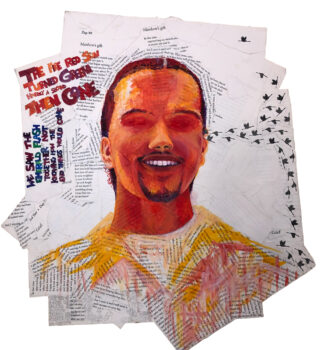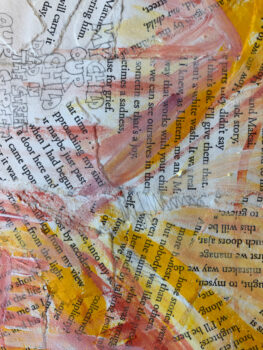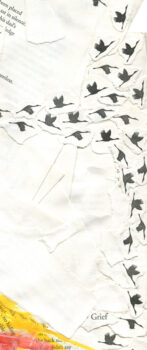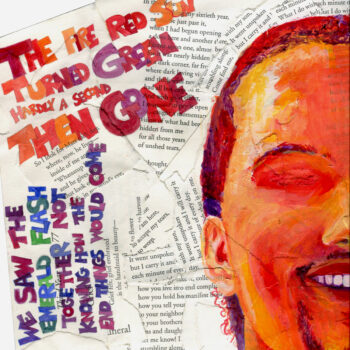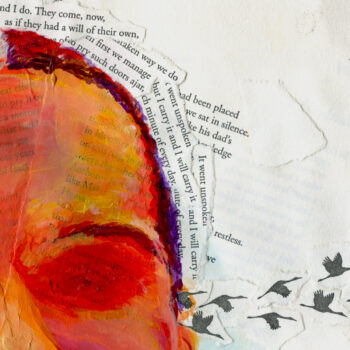Quotes on Justice and Love
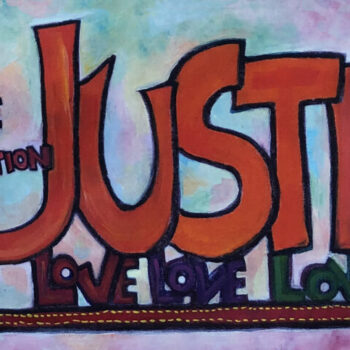
“Justice is Love correcting that which revolts against Love.” – Martin Luther King Jr. “Justice is what love looks like in public.” – Cornel West “Power at its best is love implementing the demands of justice. Justice at its best is love correcting everything that stands against love.” – Martin Luther King Jr. “Justice that love gives is a surrender, justice that law gives is a punishment.” – Mahatma Gandhi “I have the need to understand why we are so good at passing on violence and so poor at passing on love.” – Marie Deans “It is not enough for… read more


